|
Getting your Trinity Audio player ready...
|
As tensions rise between Russia and the West, Vladimir Putin’s strategic maneuvers in Eastern Europe are once again under scrutiny. With NATO’s response wavering amid U.S. political shifts and debates over European security, the need for a unified European military force has resurfaced. At the same time, Russia is calling for Poland and Romania to demand Ukrainian territories, potentially sowing discord among EU and NATO allies.
Putin’s Expanding Influence in Eastern Europe
Recent intelligence reports indicate that Russia remains unwavering in its pursuit of influence in Eastern Europe, rejecting diplomatic negotiations that would involve territorial concessions to Ukraine. Moscow categorically dismissed any discussions regarding a land swap that could facilitate peace talks, reinforcing its long-term commitment to territorial expansion.
Putin’s strategic ambitions extend beyond Ukraine, with concerns mounting over his broader goals in the region. Western analysts have noted that Russia’s increased military presence along the borders of Moldova and the Baltic states signals potential future threats. Moreover, recent airstrikes on Kyiv underscore Putin’s continued military aggression, dismissing any pretence of a peace settlement.
Trump’s NATO Stance and European Security Concerns
The security equation is further complicated by former U.S. President Donald Trump’s recent remarks on NATO’s role. Trump’s proposed peace plan for the Russia-Ukraine war notably excludes a NATO seat for Ukraine and limits U.S. military involvement. This shift in American policy has sent shockwaves through European capitals, as leaders scramble to reassess their security frameworks in the face of an unpredictable ally.
NATO’s response has been measured, with alliance officials emphasizing their continued support for Ukraine while acknowledging the shifting political landscape in Washington. The prospect of reduced American military backing has reignited debates over Europe’s dependency on NATO and the need for a self-sufficient defense strategy.
The Rising Demand for an EU Army
With NATO’s long-term reliability in question, European leaders are revisiting the concept of a unified EU military force. CNN reports that discussions among EU defense ministers have intensified, with a growing consensus that Europe can no longer rely solely on transatlantic alliances for its security.
Dutch Prime Minister Mark Rutte, a key NATO figure, has publicly stated that Ukraine was never promised NATO membership. This admission has fueled speculation over Europe’s strategic alternatives, with proponents of an EU army arguing that only a collective European force can adequately deter Russian aggression.
French President Emmanuel Macron has been a leading voice in advocating for European strategic autonomy. His calls for an EU defense force have gained traction in light of Trump’s NATO stance and ongoing instability on the eastern front. While skepticism remains—especially from member states wary of diluting national military sovereignty—the urgency of the situation is pushing the debate forward.
Russia’s Call for Poland and Romania to Demand Ukrainian Territories
In a move that has raised eyebrows, reports have surfaced suggesting that Russia is actively urging Poland and Romania to lay claims to Ukrainian territories. This development, if confirmed, could prove highly divisive within the EU and NATO, as member states struggle to balance solidarity with national interests.
Russia is likely to exploit these fissures, using its calls for territorial claims to drive a wedge between European allies. If Poland and Romania were to pursue such demands, it could severely weaken the united front against Russian aggression. European leaders are now faced with the difficult task of preventing internal fragmentation while maintaining a strong stance against Putin’s ambitions.
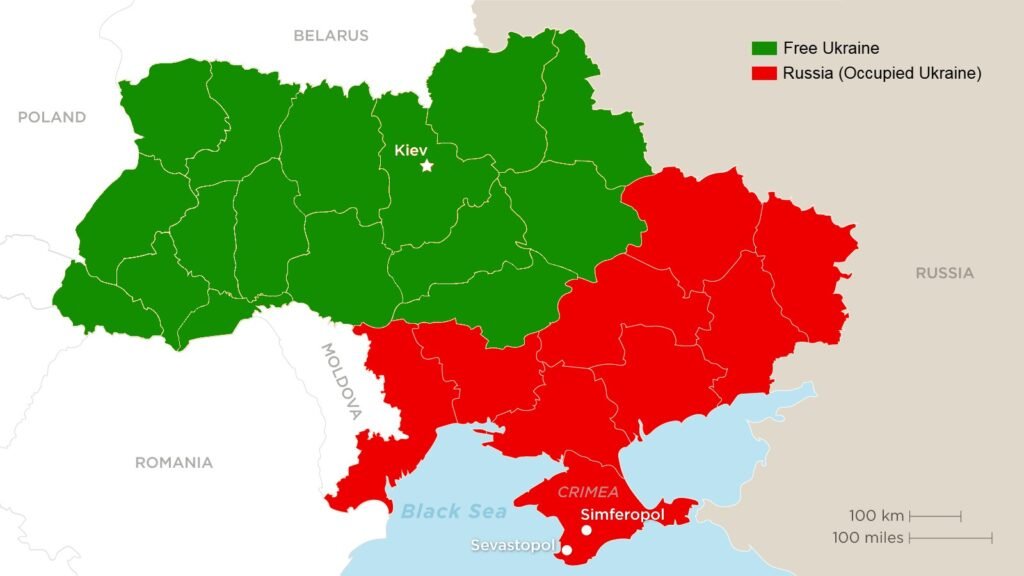
What’s Next?
As the geopolitical landscape continues to shift, Europe stands at a crossroads. The specter of Russian expansion, coupled with growing uncertainty over U.S. support, has reignited calls for a stronger, independent European defense strategy.
Ultimately, the only viable long-term solution for Europe’s security is the formation of a unified European army, one that includes the United Kingdom as a key defense partner. The continent cannot afford to remain reliant on shifting U.S. policies or fragmented military coalitions. A collective European force would provide the strategic autonomy needed to counter external threats, deter aggression, and maintain stability.
The coming months will be critical in determining the continent’s security future. Will European leaders seize the moment and forge a new path, or will internal divisions weaken their resolve?
Let us know your thoughts in the comments. Stay updated with us as we continue to report on this evolving issue—check back daily for the latest insights and analysis.

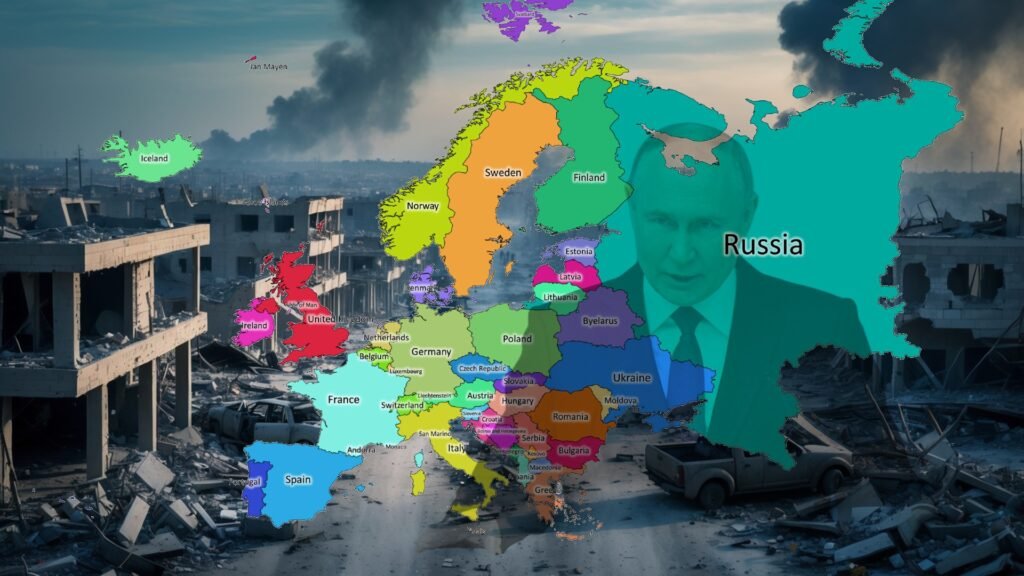

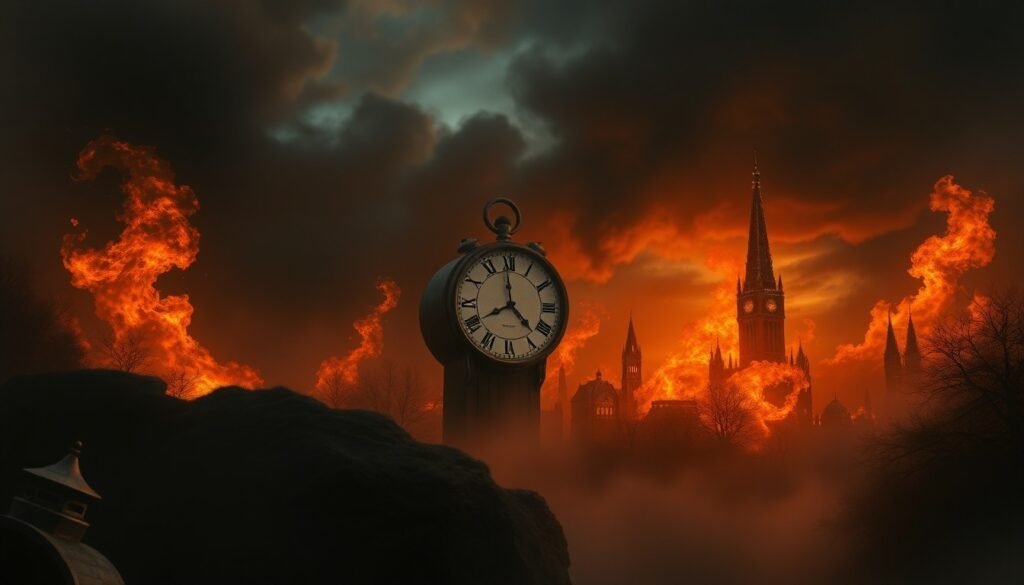

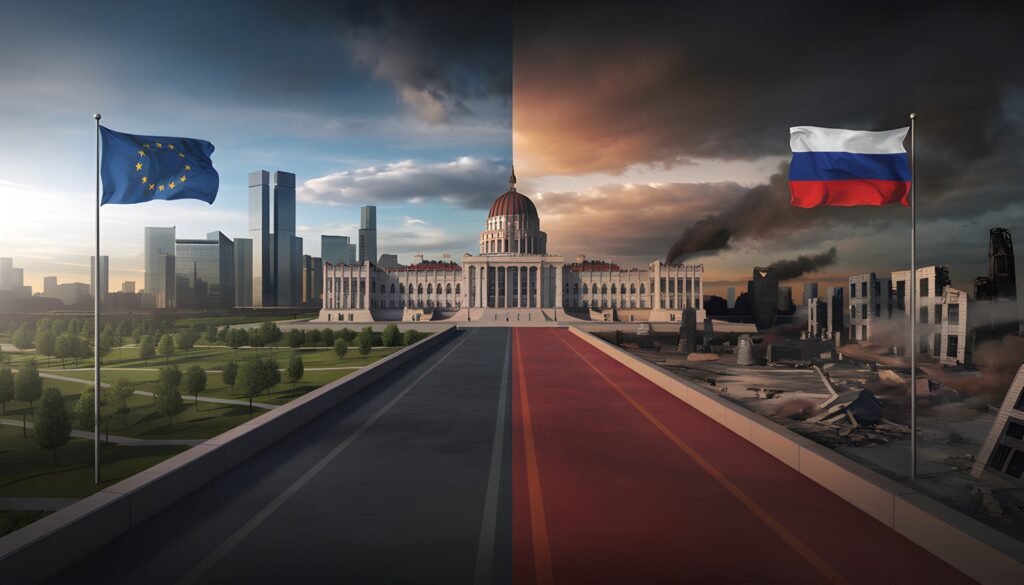
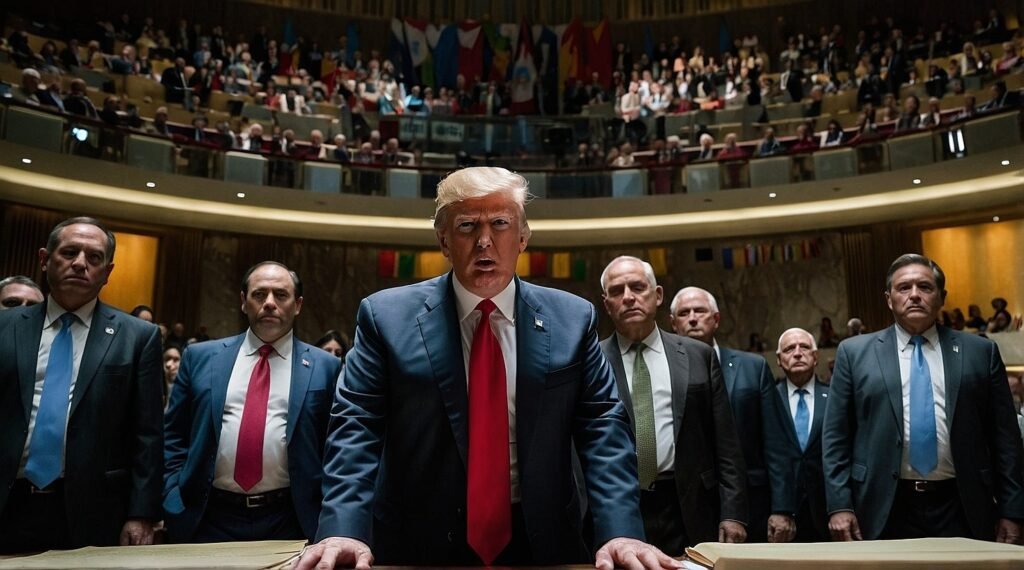
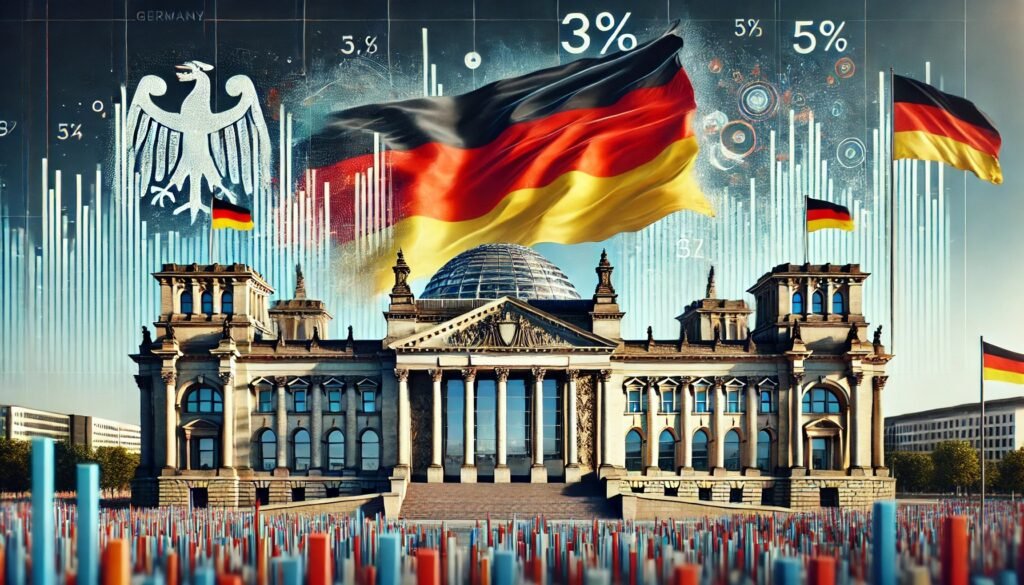
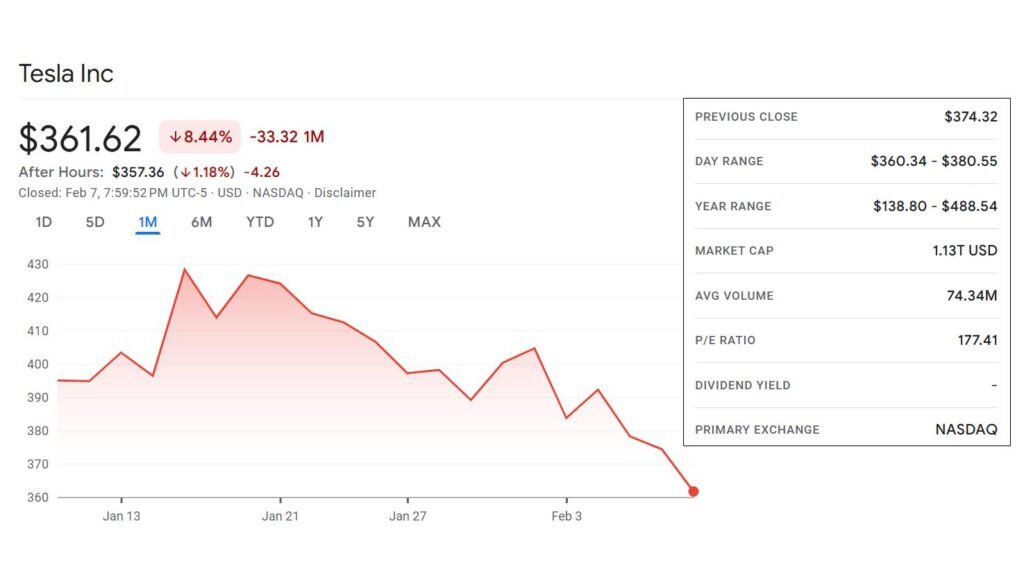
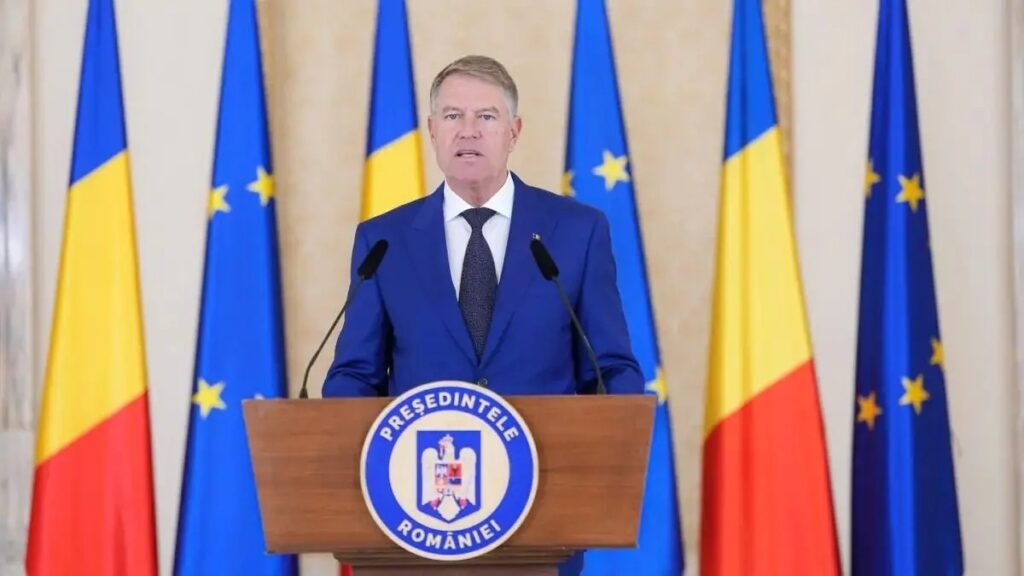
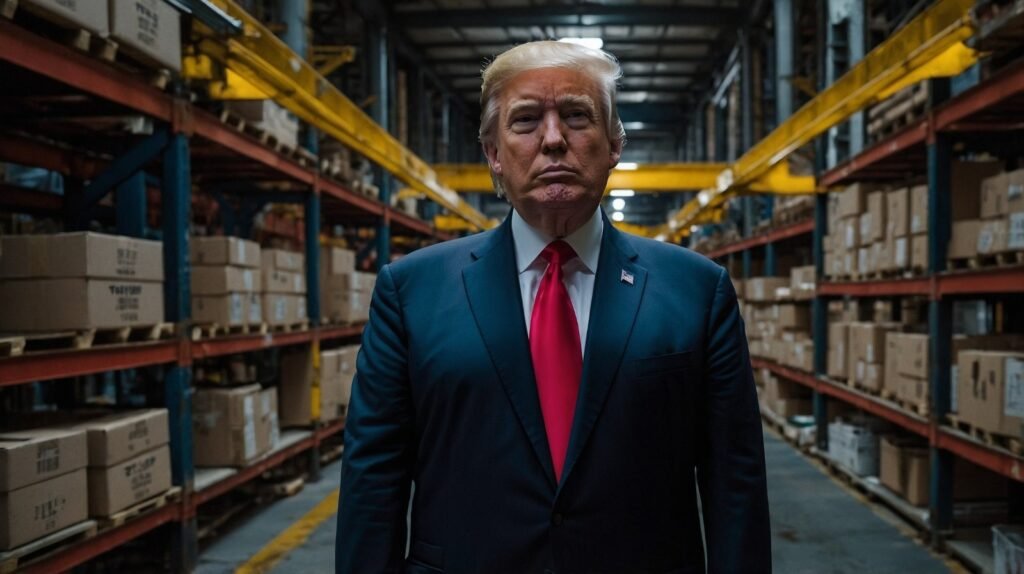
Vibrómetro
Dispositivos de equilibrado: fundamental para el funcionamiento uniforme y efectivo de las equipos.
En el campo de la ciencia moderna, donde la rendimiento y la seguridad del dispositivo son de alta importancia, los equipos de calibración tienen un papel esencial. Estos dispositivos adaptados están desarrollados para ajustar y estabilizar piezas dinámicas, ya sea en herramientas de fábrica, vehículos de desplazamiento o incluso en equipos domésticos.
Para los profesionales en mantenimiento de sistemas y los ingenieros, operar con dispositivos de ajuste es importante para garantizar el desempeño uniforme y fiable de cualquier sistema móvil. Gracias a estas alternativas tecnológicas avanzadas, es posible reducir notablemente las movimientos, el estruendo y la carga sobre los soportes, aumentando la duración de partes costosos.
Igualmente relevante es el papel que desempeñan los dispositivos de equilibrado en la servicio al comprador. El ayuda especializado y el conservación permanente utilizando estos equipos permiten dar servicios de excelente calidad, mejorando la satisfacción de los clientes.
Para los titulares de emprendimientos, la inversión en unidades de equilibrado y medidores puede ser importante para mejorar la efectividad y productividad de sus aparatos. Esto es especialmente importante para los dueños de negocios que administran modestas y intermedias negocios, donde cada punto vale.
Asimismo, los aparatos de equilibrado tienen una extensa implementación en el sector de la prevención y el control de nivel. Permiten encontrar probables defectos, impidiendo reparaciones costosas y perjuicios a los dispositivos. Además, los datos generados de estos equipos pueden utilizarse para optimizar procesos y aumentar la visibilidad en buscadores de consulta.
Las sectores de utilización de los dispositivos de balanceo cubren múltiples ramas, desde la manufactura de ciclos hasta el control ambiental. No afecta si se refiere de grandes manufacturas de fábrica o modestos talleres de uso personal, los dispositivos de balanceo son fundamentales para proteger un rendimiento productivo y sin fallos.